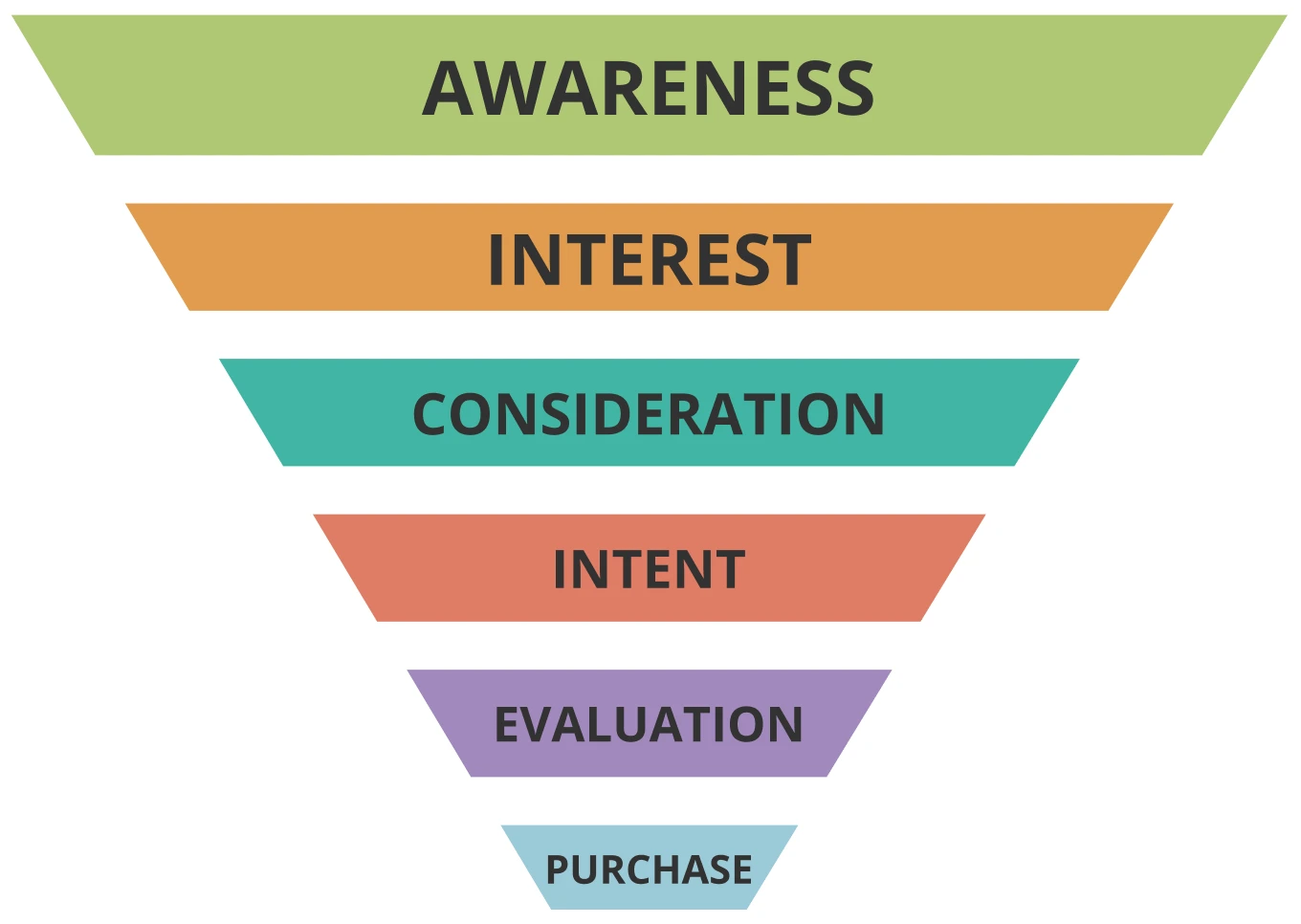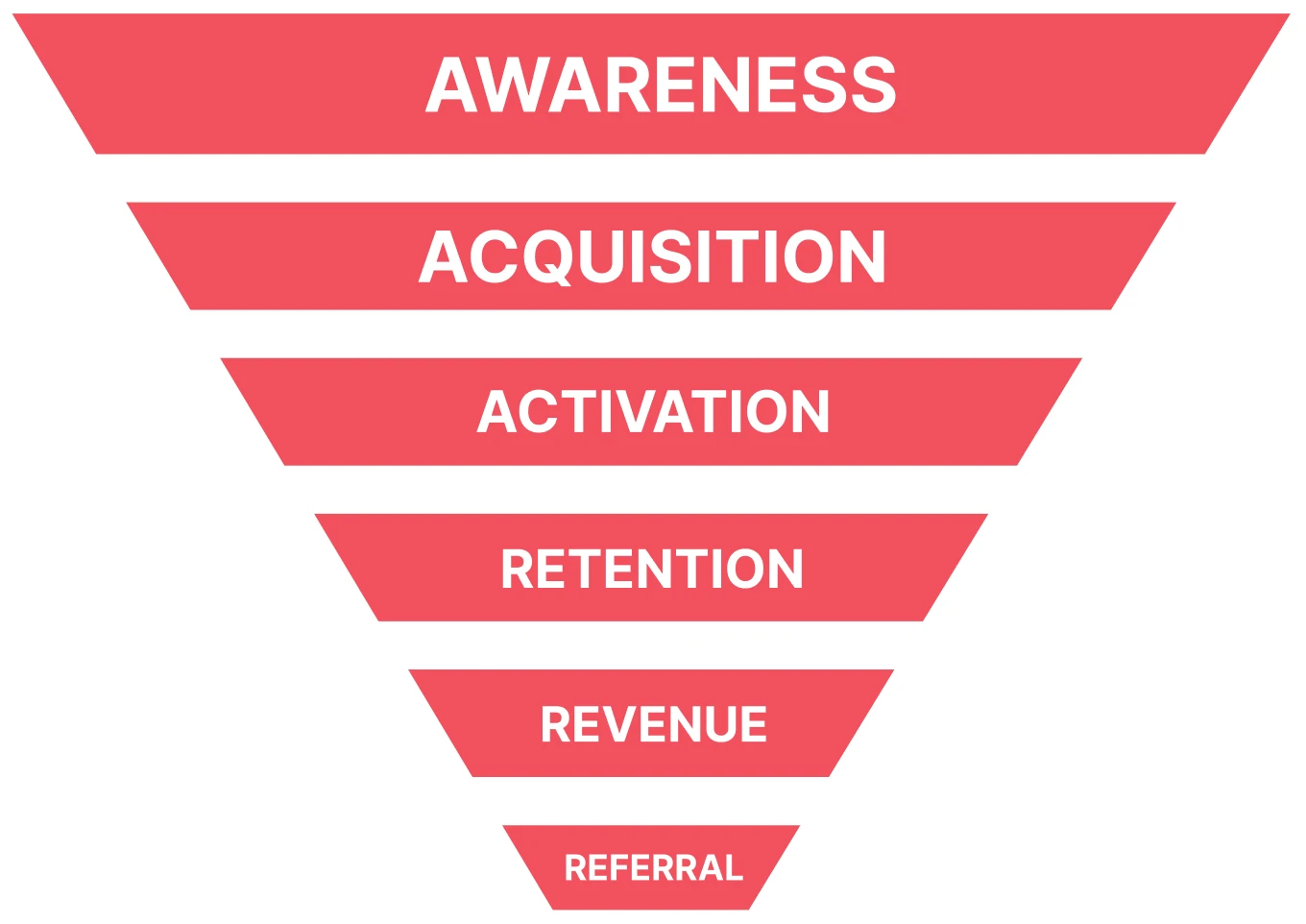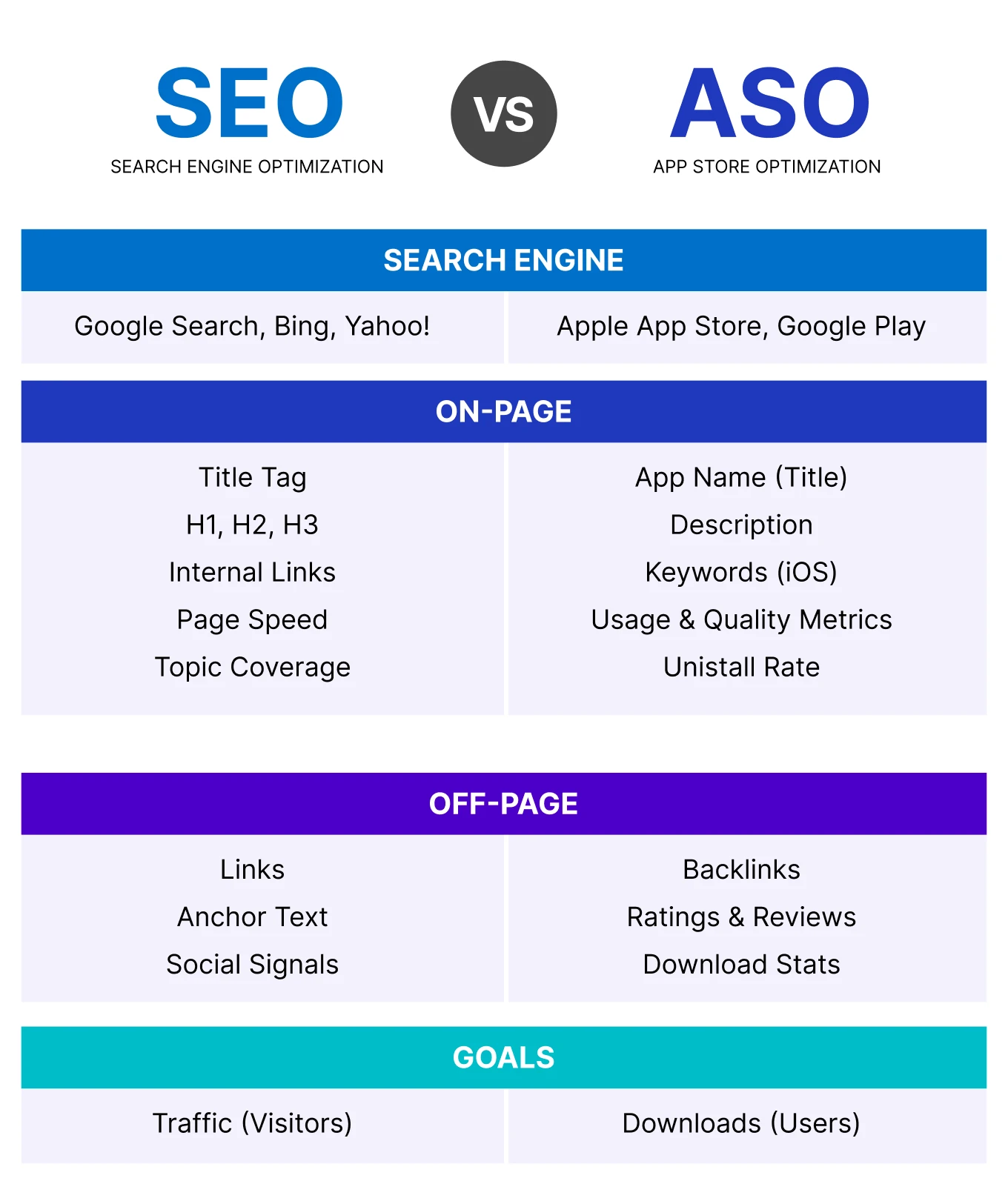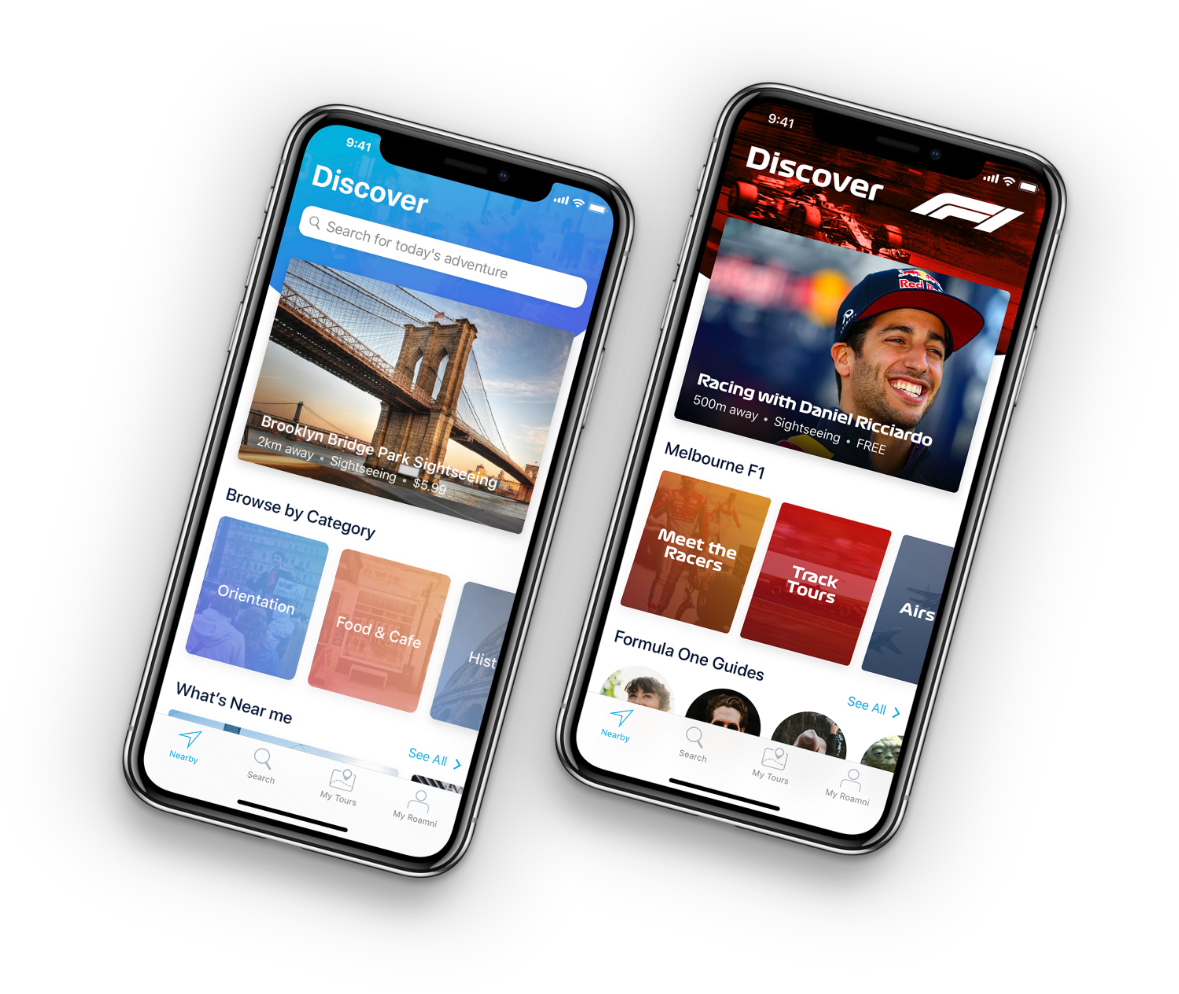9 Best Strategies for Marketing Your Small Business

This article was written by a guest author.
Top-notch marketing is crucial in today’s ultra-competitive app business landscape.
With 48% of small businesses owning an app and 27% more planning to build one, the app development space is about to become even more crowded.
Applying the best app marketing strategies is a must to stay afloat and stand out in the sea of choices. But with limited resources, how do you set your small business apart and position yourself as a market leader?
We’ll cover that and more in this article. Let’s dive in!
Getting started with marketing
Marketing plays a crucial role in the success of any business, big or small. It helps businesses raise brand awareness and build a pipeline of leads that can turn into sales.
But to get to that place, you first have to ensure you have the following fundamentals covered:
- Establish your brand identity. What does your company do? What does it stand for? A clear brand identity tells potential customers what you offer and what they stand to gain from it. After figuring out your brand identity, explore some suggestions to choose a company name and get a suitable name and logo that match the message you’re trying to convey.
- Know your customer. Get to know your target market as holistically as possible — from their demographics and geolocation to their pain points and interests. From there, you can build audience personas that will guide your marketing messages.
- Craft your brand message. This is your value proposition. Craft an impactful message that tells your users about what differentiates your brand from others. Your customers need to know what you do better than anyone else.
- Determine your budget. Marketing a small business can still be expensive, so determine what you’re willing to spend and the marketing channels that fit your budget before launching campaigns.
- Set up analytics. You need tools such as Google Search Console and Google Analytics to measure the effectiveness and impact of any marketing channel or campaign.
Differences between marketing apps and other small businesses
- Goals. App marketing strategy is similar to a product-led growth (PLG) strategy wherein the goal is to get users to download and keep using the app. In short, app marketing is geared toward driving continuous user engagement and retention.
Other businesses, such as e-commerce, are more sales-driven. The end goal is often focused on getting users to make a purchase. And while generating revenue is also a common app development objective among both paid and free app makers, the monetization strategies are not limited to sales.
- Marketing funnels. The app marketing funnel requires a more action-oriented approach than other marketing funnels. Meanwhile, other small businesses can gradually nurture customers until they reach the last conversion stage: purchase.
Typical marketing funnels look like this:

Source: Outbrain
On the other hand, most app marketing funnels look like this:

Source: Outbrain
- Marketing strategies. For other small businesses with websites, SEO and content marketing are vital for driving organic traffic. You may also apply these tactics to promote your web or mobile app.
But on top of that, you must conduct app store optimization (ASO) to make your brand more prominent in popular app stores. We’ll discuss more about ASO below.
9 Best Channels and Strategies for Effective Small Business Marketing
Now that we know the differences between marketing apps and other businesses, let’s look at some best practices for marketing small businesses.
1. Build a business website or landing page
A business website, or at least a landing page, can help your brand create a solid online presence. It also makes your business appear more legitimate.
Additionally, a website is an excellent tool for promoting your app and driving app installs. Think of it as an expanded brochure where you can add a dedicated section or even an entire page to highlight your app’s unique selling points (USP).
To make the experience frictionless, you may add a call-to-action link to your app’s download page in the Apple App Store and Google Play store.
2. Optimize for search engines
An effective SEO strategy can help your website rank higher in search engines. Often, websites that appear on the first page of Google or other search engines gain more traffic.
And higher website traffic = better conversion potential.
So, how do you optimize your website for search engines?
The first and most important thing to do is to research and identify the most relevant keywords.
When doing so, keep your users’ search intent in mind. This means getting into your users’ shoes and thinking of the potential keywords they will likely type in when looking for an app like yours.
For example, if you’re offering a cooking and recipe app, you may consider using “best cooking app” as a keyword. That way, you can increase the likelihood of being found by customers who want to find the best app for cooking.
3. Implement app store optimization (ASO)
ASO works similarly to SEO, but instead of optimizing your website to rank on search engines, ASO focuses on ranking and improving the visibility of your app in the iOS or Android app stores.

Source: App Radar
The higher your app’s ranking in app stores = the better the potential for app installs.
But just like with SEO, the ASO landscape is a crowded space. So, how do you boost your app’s chance of appearing in most user search results?
Here are some app store optimization best practices to consider:
- Choose the right name and keywords for your app. The app name should be short and memorable, and the keywords should be relevant to the app’s functionality.
- Add visually appealing app icons and screenshots. The icon should be eye-catching and unique, while the screenshots should give potential users a clear idea of what the app does.
- Encourage positive user reviews and ratings. If your app has a high rating, it will be more likely to appear in search results, and users will be more likely to download it. Also, when users see that others have enjoyed using your app, they’re more likely to try it themselves.
By following these best practices, you can help ensure your app stands out in the app store and attracts the attention of potential users.
4. Develop a content marketing strategy
A well-thought-out content marketing strategy can drive awareness and generate demand for your app — even before launch.
There are many ways to execute content marketing, but blogging is the most popular. Publishing blog articles that offer valuable information and solutions is an excellent way to drive engagement and win potential users’ trust.
You can add screenshots and videos of your app in the blog post with a CTA, inviting readers to download your app. We highly recommend bottom-of-the-funnel content to convert leads into customers.
Besides publishing blogs, consider adopting other popular content formats, such as podcasts, webinars, e-books, and YouTube videos. Just ensure your chosen channel resonates with your target audience and aligns with your brand image. Lastly, conducting a website content audit can help identify opportunities to optimize your existing content for better engagement and SEO performance.
5. Implement an email marketing campaign
Emails are still very profitable when used in the right circumstances. Studies show that 99% of email users check their inboxes daily, some as much as 20 times a day. By building a list of email subscribers, you can reach a large number of potential customers with minimal effort.
However, app email marketing is more complex than spamming people with unsolicited advertising. Your emails need to be well-designed and relevant to your audience and have proper authentication through SPF or DKIM to be effective and avoid being marked as spam.
Here are some best email marketing practices you can consider:
- Mention your app in any email you send to your customers, from tech support, newsletters, or even payment confirmation emails.
- Seamlessly mention what your app can do in the email copy and include a link to the download page.
- Send updates about your app’s launch or new features in your regular newsletters.
- Add a link to your app in your email signature to promote it subtly.
- Make sure you’re sending out your emails to the right email addresses – use an email finder tool to collect verified addresses.
6. Leverage video marketing
Video marketing is one of the hottest forms of small business marketing today. Many marketers adopt the strategy because of its ability to grab and hold audiences’ attention and interest.
To maximize your campaign’s impact, keep the following things in mind when creating your videos:
- First, make sure that your videos are professional and of high quality.
- Second, ensure that your videos are interesting and relevant to your target audience.
- Finally, promote your videos through social media and other online channels.
These are just some of the most crucial factors to ensure when leveraging video content. Appetiser’s article on the best video marketing practices for small businesses offers more in-depth insights.
7. Promote your app business on social media
With 4.7 billion users worldwide, social media marketing offers brands endless opportunities to tap potential customers. In addition, major social networking platforms are a rich source of valuable user insights, which you can use to craft more targeted and personalized campaigns.
There are two primary ways you can promote your business using social media:
- Organic. Organic promotion means having a presence on social media platforms and then using these platforms to connect and interact with your customers without paying for advertisements.
This can be done by creating informative and engaging content, responding to comments and questions, and participating in relevant online conversations.
- Paid. Paid promotion involves investing money to make your app discoverable to large audiences through ads or sponsorships. While this can be a more expensive option, it can be a more effective way to reach bigger markets.
Facebook and Instagram, for instance, are very effective advertisement platforms because of their broad audiences and ability to segment users.
Ultimately, the best way to use social media for marketing depends on your business goals and budget. But, regardless of which approach you choose, there’s no doubt that social media is a powerful tool that any savvy app business owner should utilize.
8. Join local business groups
Joining local business communities is another effective way of marketing your small business. It allows you to meet like-minded people with whom you can bounce ideas and share referrals. You may even find opportunities for profitable partnership ventures.
For instance, for businesses in Cincinnati looking to boost their brand and reach new heights, collaborating with a local powerhouse like a Cincinnati Marketing Agency could be transformative. A marketing partner with deep insights—the ability to tap into data-driven strategies akin to successes seen at Motion—can turn brand potentials into celebrated growth stories.
9. Speak at events
Speaking at events is another excellent way to expand your network. It also helps you establish yourself as a thought leader, which is a great strategy for building your brand’s reputation.
Additionally, most local clubs, interest groups, churches, schools, or big company seminars have booths where you showcase your small business. Think of it as creating a physical presence for your app where you can have actual conversations with your intended audience to market your brand.

Marketing your small business is an iterative process
While the small business marketing strategies we’ve discussed are undoubtedly effective, your initial marketing campaigns may not immediately drive a significant return on investment. It’s best to approach app marketing as an iterative process, wherein you gradually build momentum and scale your campaigns as your business grows.
The key is to start small and focus on a few key tactics that you know will be effective. By A/B testing things one step at a time, you can develop a marketing strategy that is both effective and sustainable.
If you need a partner to design, develop, and scale your app easily and effectively, give Appetiser a shot. They have a proven track record of helping small app businesses grow from zero to multi-million dollar brands with a global audience.
Schedule a free consultation today!
FAQs
1. When does my small business need marketing?
Marketing is a constant and consistent process of making your brand visible and relevant to your target market.
2. When should I start marketing my small business app?
You can start creating awareness for your app even while your developers are still working hard to build your product. This is known as the pre-launch stage, where you communicate your app’s value or “aha moment” to your target users.
To learn more about when and how to market your app, check out our article on pre- and post-launch app marketing. One of Appetiser’s founders wrote this article.
3. Why should small business marketing be a continuous process?
Marketing takes time to make an impact, so it should always be in motion. Additionally, consumer trends, preferences, and behaviors are constantly changing. Continuously tweaking your marketing strategy for your small business helps ensure your brand stays in the mind of your consumers.
Author’s Bio:
Rana Bano is a one-part B2B content writer and one-part content strategist. She uses these parts to help SaaS brands tell their story, aiming to encourage user engagement and drive traffic.



